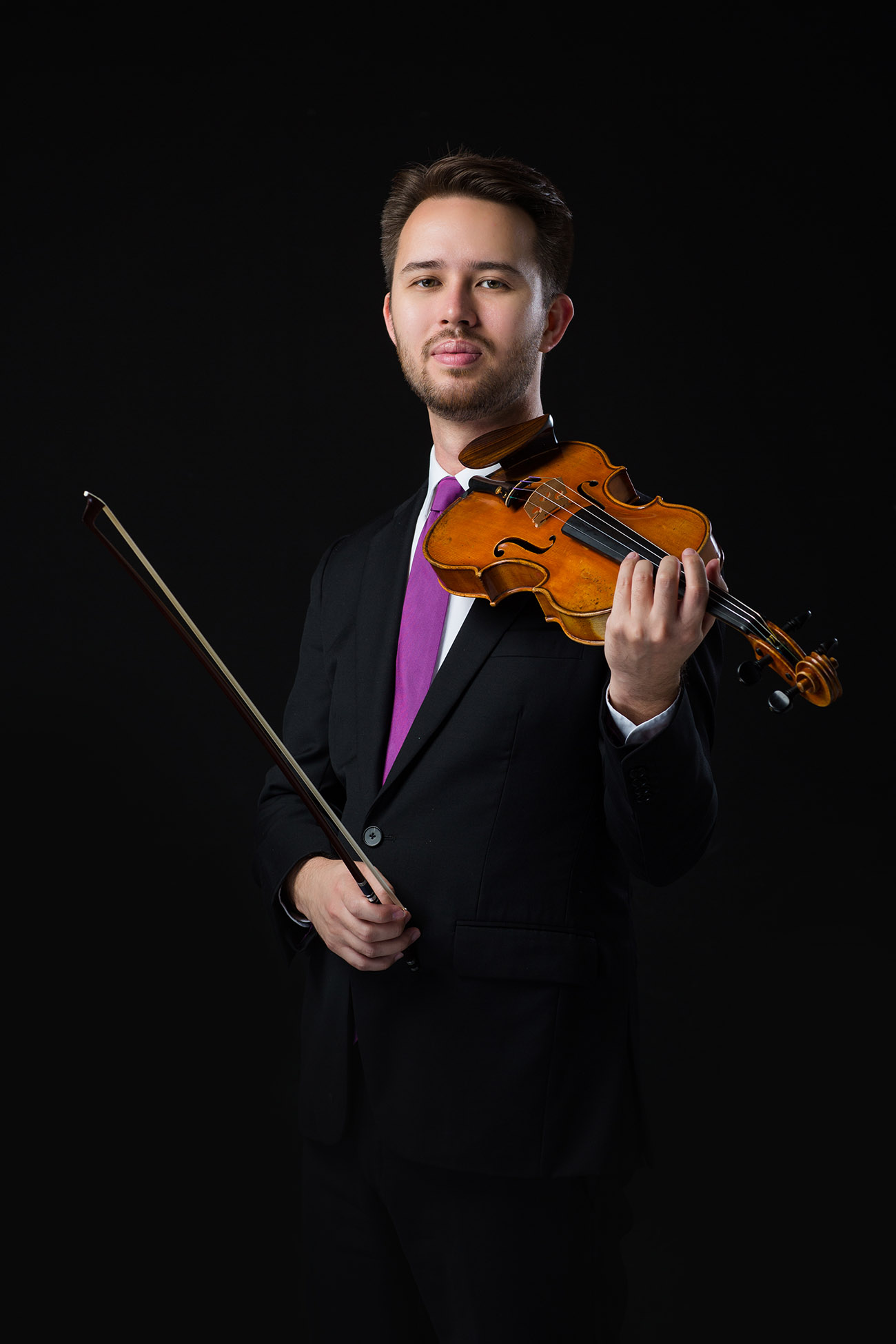
Four Hong Kong-born composers — Angel Lam, Austin Yip, Chan Kai-young and Fung Lam — contributed to New Waves, a collection of solo string pieces performed by Patrick Yim and released by Albany Records. Hong Kong also figures thematically in the album. Certain pieces in it are inspired by the city’s soundscapes and some others highlight the tonal qualities of Cantonese.
Seven Chinese composers spanning two generations have contributed to the album. The relative seniors in the group have roots in the Chinese mainland but currently reside in New York. They include the Beijing-born Zhou Long, who won a Pulitzer Prize in 2011; his wife, the Guangzhou-born Chen Yi; and the Guiyang-born Qu Xiao-song.
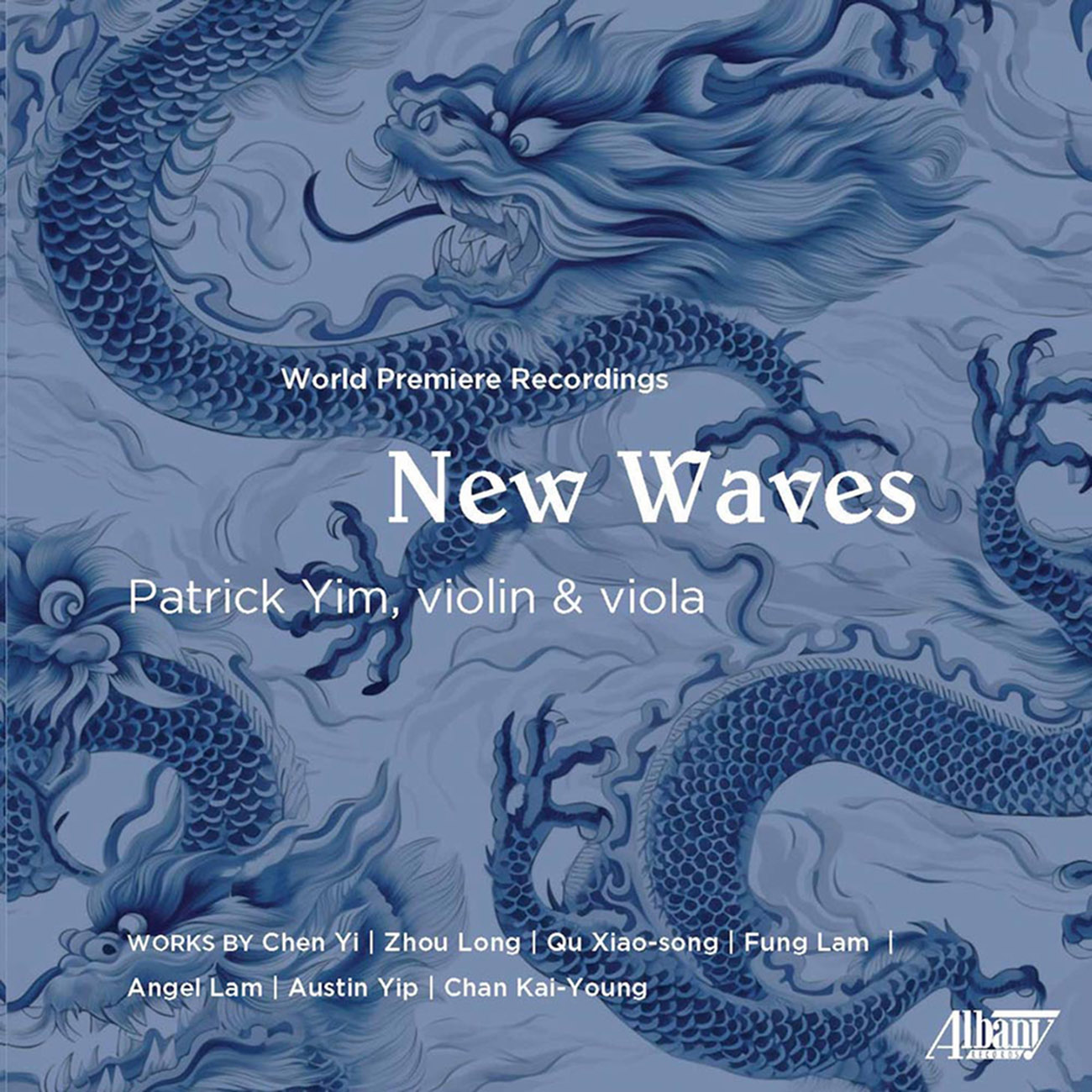
All compositions are new works, specially commissioned for the album by Yim, who plays them on a violin or a viola. A core member of the Hong Kong New Music Ensemble (HKNME) and a former violin professor at the Hong Kong Baptist University, he has performed at prestigious venues such as the Carnegie and David Geffen halls in New York, and the La Scala opera house in Milan. “I am drawn to the originality of Hong Kong composers, their thoughtfulness, sense of adventure, drama and lyricism, as well as their worldly awareness,” Yim says.
Grammy-nominated Angel Lam’s contribution to the album is a three-movement concerto, Mist of Scented Harbour. Developed with support from the West Kowloon Cultural District, it is the New York-resident artist’s love letter to Hong Kong — her childhood home. “It is an embodiment of my love and nostalgia for my hometown,” she says. “Each movement represents a nostalgic moment.” The well-placed pizzicato notes evoke the sound of the qin — the seven-stringed Chinese zither. The first movement is titled Agarwood — the fragrant trees to which Hong Kong owes its name. The sounds in its soulful passages bring to mind those made by a melancholy erhu.
Lam makes use of the pentatonic scale associated with Chinese folk songs, as well as repeated patterns and double stops to create the tuneful second movement, Chrysanthemum Garden, inspired by a nursery rhyme popular in southern China.
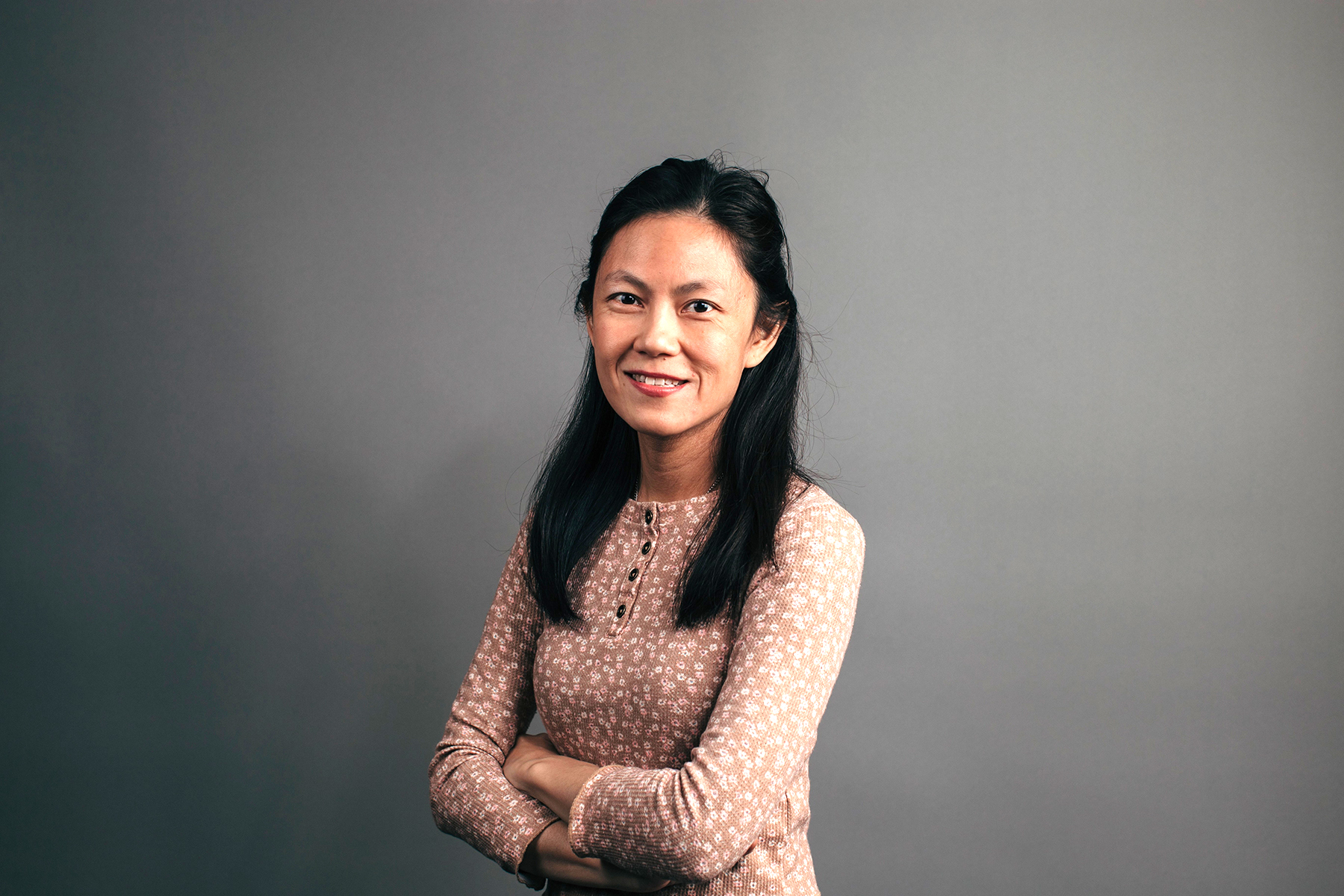
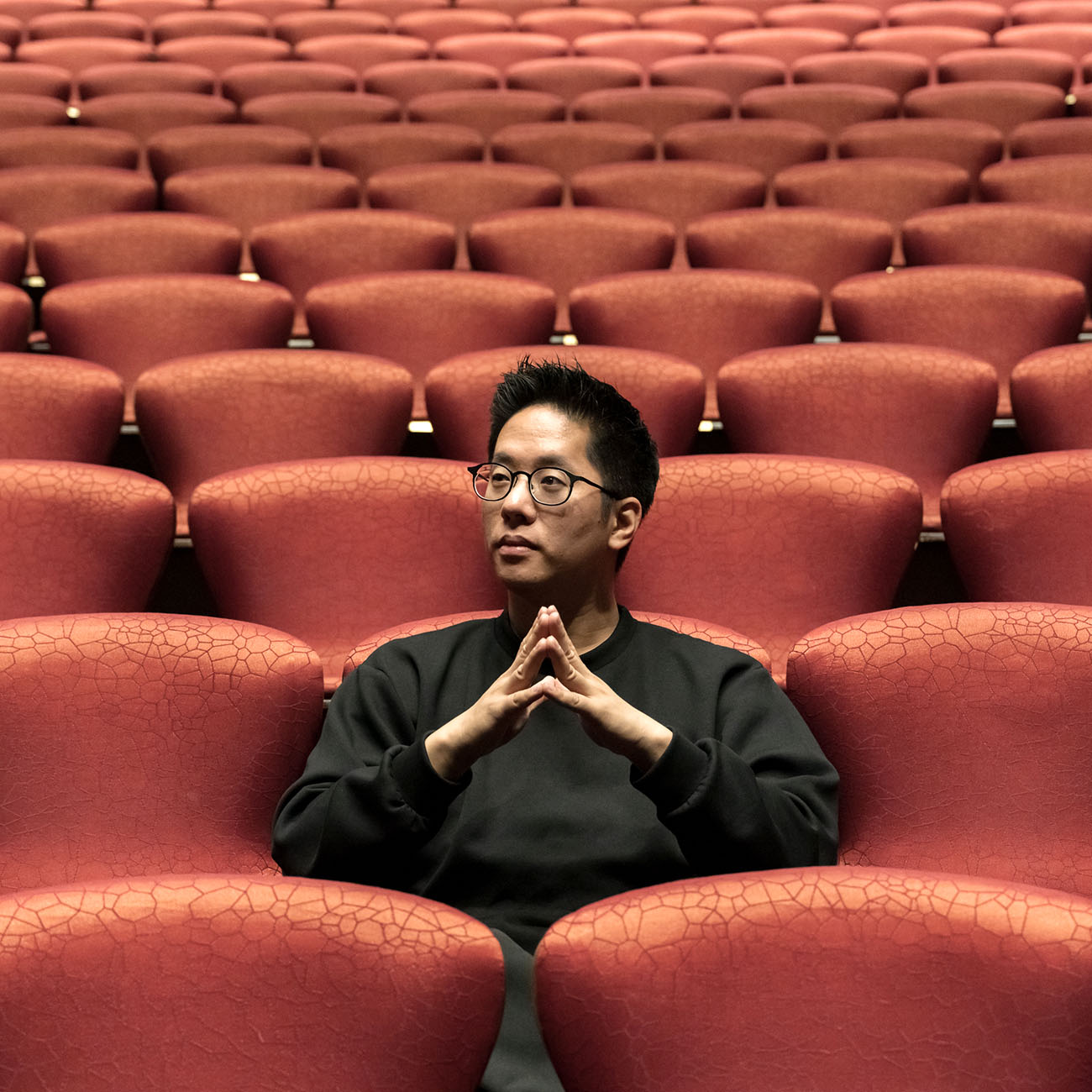
In the third movement, Metropolis, she has tried to re-create the bustling soundscape of present-day Hong Kong.
In This is All About That Monster, composer Yip pays tribute to the Hong Kong MTR — the city’s super-efficient, subterranean transport system. The piece also draws inspiration from Franz Kafka’s short story, On the Tram, sounding both high-octane and contemplative in equal measure. The violin blends in with the electronic notes, noises of MTR announcements, vibrating sounds suggesting trains in motion, and beeps to signal the closing of train doors to create a hyper-real mixed-media soundscape.
Chan’s Murray Murmurings is an ode to Murray House, one of Hong Kong’s oldest colonial buildings, built originally in 1846. Later, in the early 2000s, the building was dismantled and shifted brick by brick from Central to the Stanley beach, where it was reconstructed. Chan’s composition, which requires the violinist to hit the chords in a way that makes loud slashing noises, is reminiscent of Paganini’s 24 Caprices for Solo Violin. “Since this is the third piece I am writing for Patrick, I wanted to challenge myself, and maybe him as well, to use textures I have not previously explored while writing solo violin pieces.”
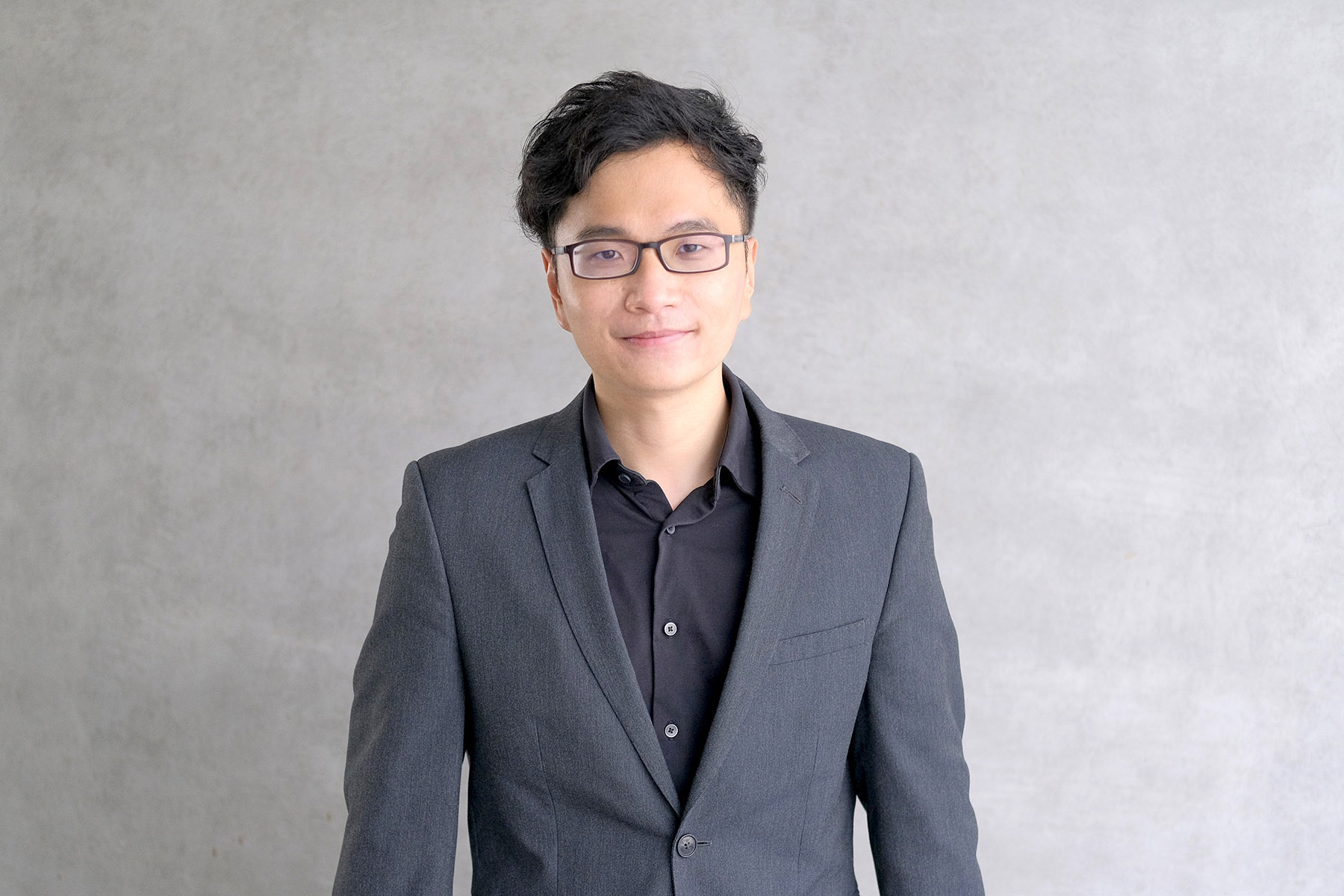

Two of Chan’s compositions are inspired by Tang Dynasty (618-907) poets’ works. For A Boat Going Nowhere, Chan took his cue from the poem Gazing at the Moon and Longing for a Distant Friend by Zhang Jiuling (678-740). Born in Qujiang in Shao prefecture, which roughly corresponds to present-day Shaoguan in Guangdong province, Zhang is considered to be one of the earliest poets writing in Cantonese.
In In Search of, we hear a few lines from Bai Juyi’s (772-846) poem Farewell on Grassland — which celebrates the vitality of life forces. The spoken lines are dovetailed with the music.
Fung Lam’s piece is an attempt to sonically represent the spare, broken lines in Irish writer Samuel Beckett’s (1906-89) poem, Something There.
As its title suggests, New Waves explores novel ways of making music out of a string instrument. “It is the most comprehensive album of Chinese solo string works to date,” says Yim. “No other album features so many contemporary composers.”


